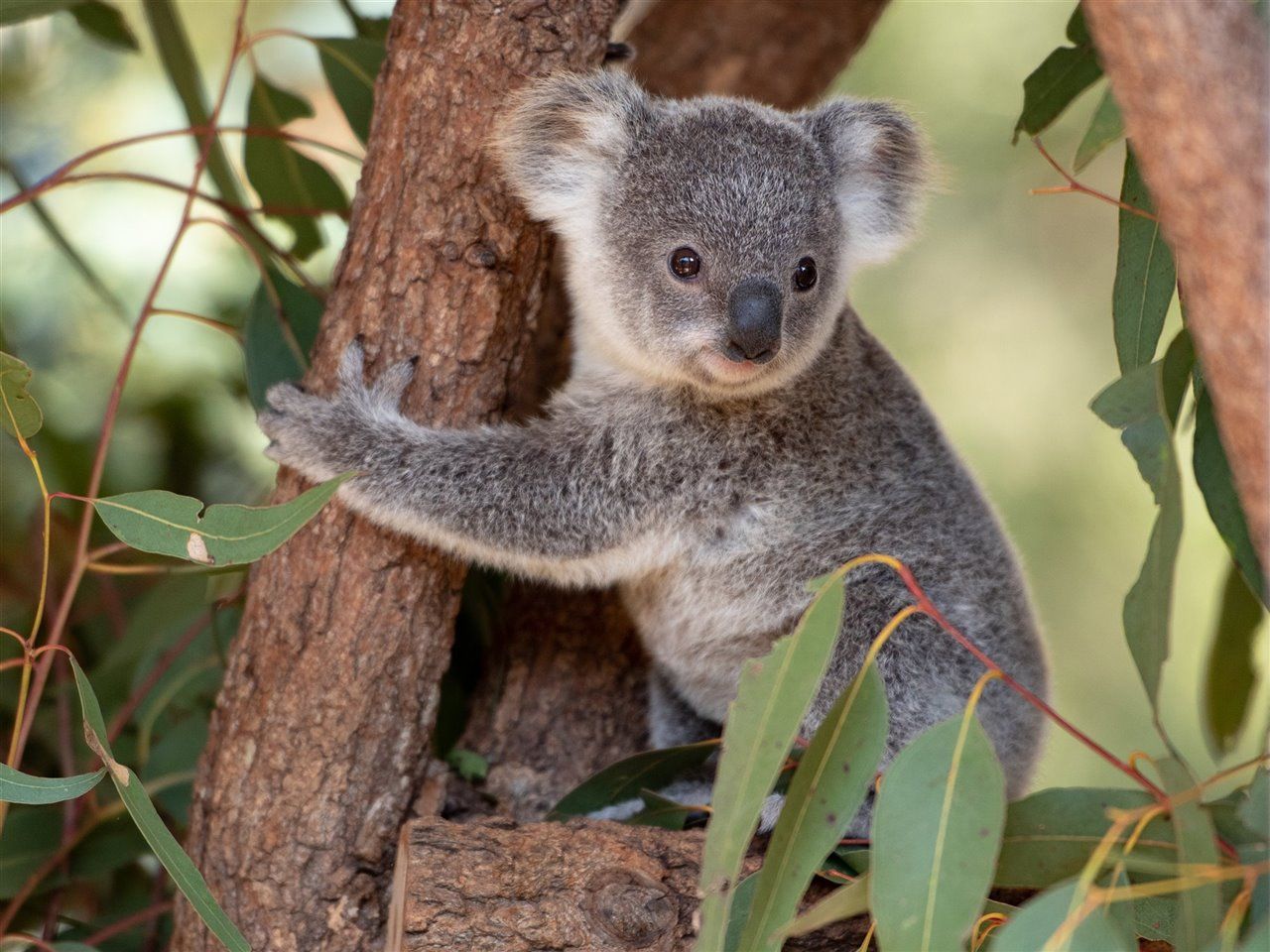A scientific milestone after more than a decade of research
Australian authorities have approved the large-scale production and use of a vaccine designed to protect koalas against chlamydia, a disease that has significantly impacted the species’ survival. Developed by researchers at the University of the Sunshine Coast, the vaccine took over ten years to complete and is notable for being a single-dose solution that does not require boosters.
The initiative aims to slow the rapid spread of the infection, which affects more than 50% of koala populations in some regions and, in certain areas of Queensland and New South Wales, can reach up to 70%.
Health risks posed by the disease
Chlamydia in koalas can cause serious health issues, including blindness, infertility, and bladder damage, which may result in inflammation and bleeding. These conditions compromise the animals’ ability to feed and reproduce, putting colonies at risk of decline.
Transmission occurs through mating, contact with infected secretions, and during birth. Young koalas, known as joeys, may also contract the disease if they consume pap, a substance produced by the mother, when she is infected.
From limited treatments to a promising solution
Antibiotics have been used in treatment, but they are not always effective, do not prevent reinfection, and may interfere with the digestion of eucalyptus leaves, the species’ primary food source. In advanced cases, euthanasia has often been the only option.
The newly approved vaccine provides three levels of protection: reducing infection, preventing the progression of clinical disease, and in some cases, reversing symptoms. Trials on hundreds of wild and captive koalas demonstrated a notable reduction in mortality related to chlamydia.
With regulatory approval now in place, researchers are optimistic that this breakthrough will help safeguard koala populations across Australia and mitigate the threat of local extinction.







